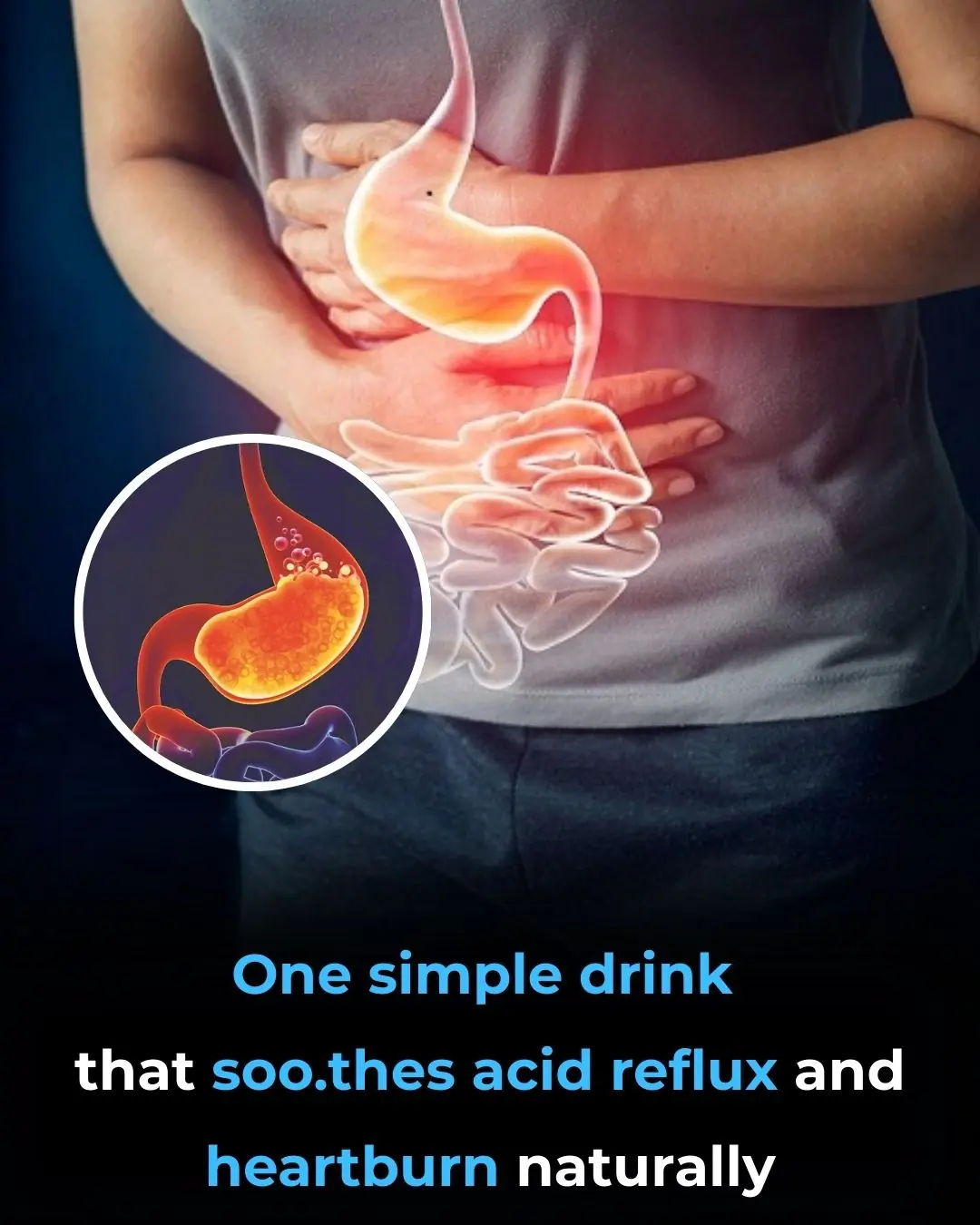
Fatty Liver: Causes, Symptoms, Treatment & Home Remedies
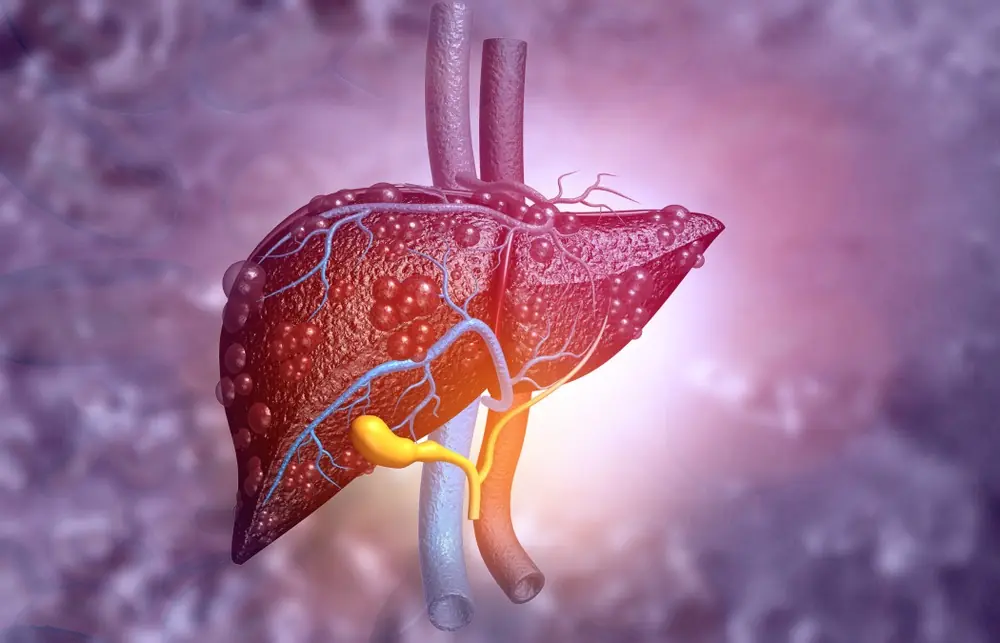
Fatty liver disease, or hepatic steatosis, occurs when excess fat accumulates in the liver. It’s a common condition influenced by factors like obesity, poor lifestyle choices, and metabolic disorders. Understanding its causes, symptoms, types, and how lifestyle changes can help prevent and manage it is crucial for maintaining good health.
What Causes Fatty Liver Disease?
Fatty liver is caused by the build-up of fat in the liver, which can happen for various reasons. Many of these causes are related to lifestyle choices, making them preventable. For individuals with a family history of fatty liver, making healthy changes can lower their risk. Common causes include:
-
Unhealthy Diet: A diet high in processed foods, sugary drinks, and saturated fats increases the risk of fatty liver.
-
Obesity: Being overweight or obese significantly raises the risk due to increased fat accumulation in the liver.
-
Insulin Resistance: Linked to conditions like type 2 diabetes and metabolic syndrome, insulin resistance contributes to fatty liver.
-
Excessive Alcohol Consumption: Drinking alcohol excessively can lead to alcoholic fatty liver disease. Alcohol impairs the liver's ability to process fats, causing fat deposits and inflammation.
There are also other types of fatty liver disease, such as acute fatty liver of pregnancy, which usually resolves after childbirth.
Symptoms of Fatty Liver Disease
Often, fatty liver disease doesn’t present any symptoms, and many individuals only discover it during routine check-ups. When symptoms do occur, they can include:
-
Fatigue
-
Abdominal discomfort or pain
-
General feeling of illness
-
Weakness
-
Jaundice (yellowing of the skin and eyes)
Types of Fatty Liver Disease
There are two main types of fatty liver disease:
-
Alcoholic Fatty Liver Disease (AFLD): Caused by heavy and prolonged alcohol consumption, AFLD is the most common type of fatty liver disease.
-
Non-Alcoholic Fatty Liver Disease (NAFLD): More prevalent than AFLD, NAFLD is linked to metabolic issues like obesity, type 2 diabetes, high blood pressure, and high cholesterol.
Prevention and Lifestyle-Based Management
Preventing and managing fatty liver disease is crucial, especially given its association with obesity and metabolic syndrome. By adopting healthy habits such as a balanced diet, regular exercise, weight management, and limiting alcohol intake, individuals can reduce their risk and prevent further progression of the disease.
Diet Recommendations
A nutritious diet is one of the most important aspects of managing and preventing fatty liver disease. Key dietary tips include:
-
Eat a variety of fruits, vegetables, whole grains, and lean proteins.
-
Limit processed foods, sugary beverages, and saturated fats.
-
Opt for healthy fats from sources like nuts, seeds, avocado, and fish.
Exercise Recommendations
Regular physical activity helps reduce the risk of fatty liver and supports liver function for those already affected. Aim for:
-
At least 150 minutes of moderate exercise or 75 minutes of vigorous activity per week.
-
Engage in enjoyable activities like walking, running, dancing, or swimming.
-
Incorporate both cardiovascular and strength training exercises into your routine.
Weight Management
Maintaining a healthy weight is essential in managing fatty liver. Some recommendations include:
-
Aim for a healthy weight based on your body mass index (BMI).
-
Gradual weight loss is recommended for those who are overweight or obese.
-
Seek advice from a healthcare provider or registered dietitian for personalized guidance.
Limit Alcohol Intake
Limiting or eliminating alcohol consumption is particularly important for individuals with AFLD, as alcohol can worsen liver damage.
Manage Medical Conditions
Controlling conditions like diabetes, high blood pressure, and high cholesterol can help prevent additional liver damage and reduce the risk of fatty liver.
Supplements and Home Remedies
While a healthy diet provides the best nutrition, some supplements and natural remedies may offer potential benefits for fatty liver disease. Always consult a healthcare provider before using any supplements or remedies. Some options include:
-
Milk Thistle: An herbal supplement that may help improve liver function.
-
Omega-3 Fatty Acids: Supplements that may support liver health.
-
Vitamin E: Known to be beneficial for fatty liver.
-
Green Tea: May offer potential benefits for liver health.
The Bottom Line
Fatty liver disease is common but preventable and manageable with the right lifestyle changes. A healthy diet, regular exercise, weight management, reducing alcohol intake, and managing underlying health conditions can significantly lower the risk and slow the progression of the disease. Considering supplements and natural remedies may also offer added benefits. A holistic approach to managing fatty liver disease can improve liver health and overall well-being.
News in the same category


Dreaming of a deceased person: here's what it means

The Common Bra Mistake

What Your Sleeping Position as a Couple Might Reveal

Envy Rarely Looks Like Hate

Why Slugs Keep Showing Up in Your Home

Almost Everyone Experiences This After Turning 70, Like It or Not

Did you know that if a white and yellow cat approaches you, it's because…

A baby is born in the United States from an embryo frozen more than 30 years ago.

Why do couples sleep separately after age 50?
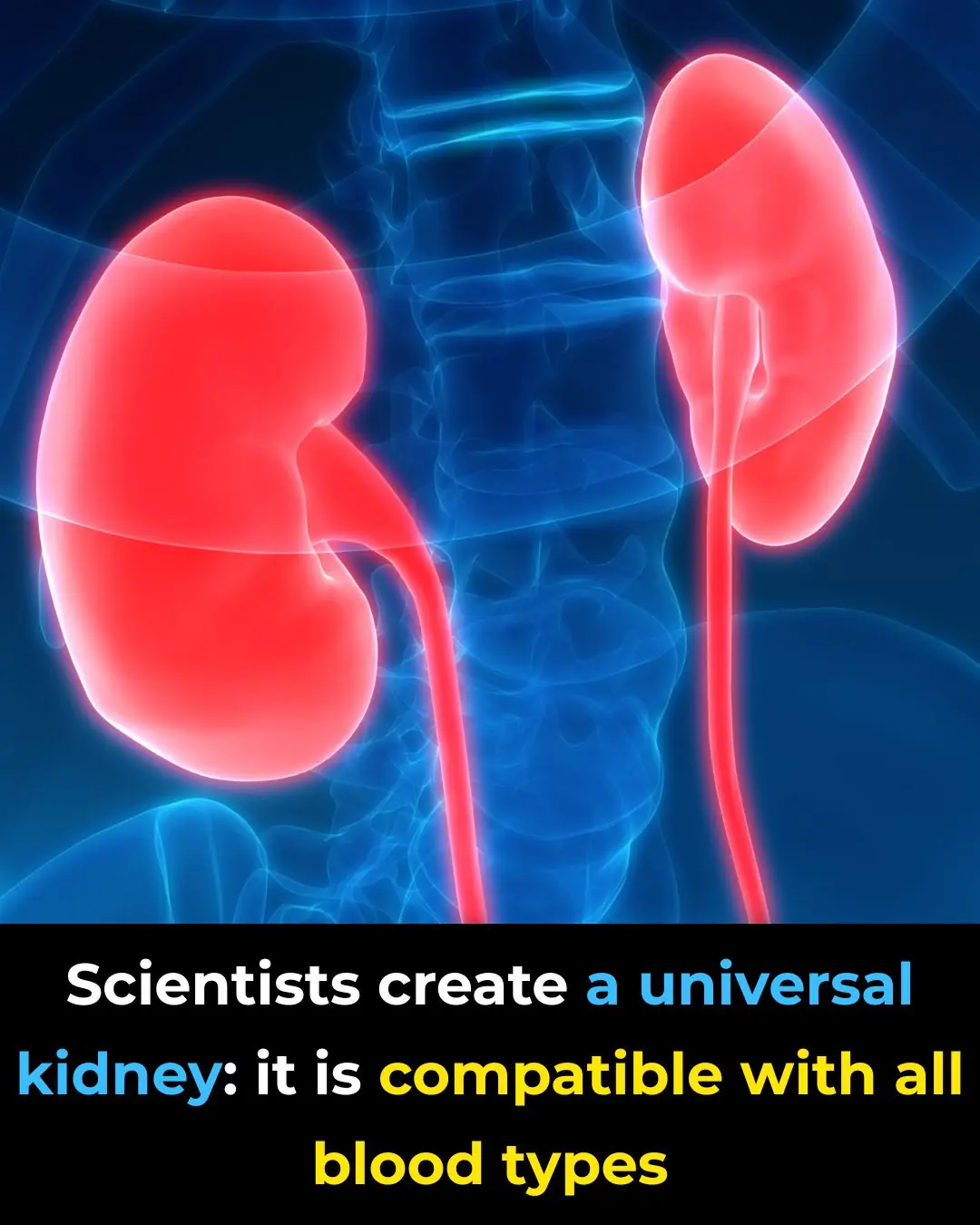
Scientists create a universal kidney: it is compatible with all blood types

When a person keeps coming back to your mind: possible emotional and psychological reasons

A promising retinal implant could restore sight to blind patients

Scientists develop nanorobots that rebuild teeth without the need for dentists

Grip Strength and Brain Health: More Than Muscle
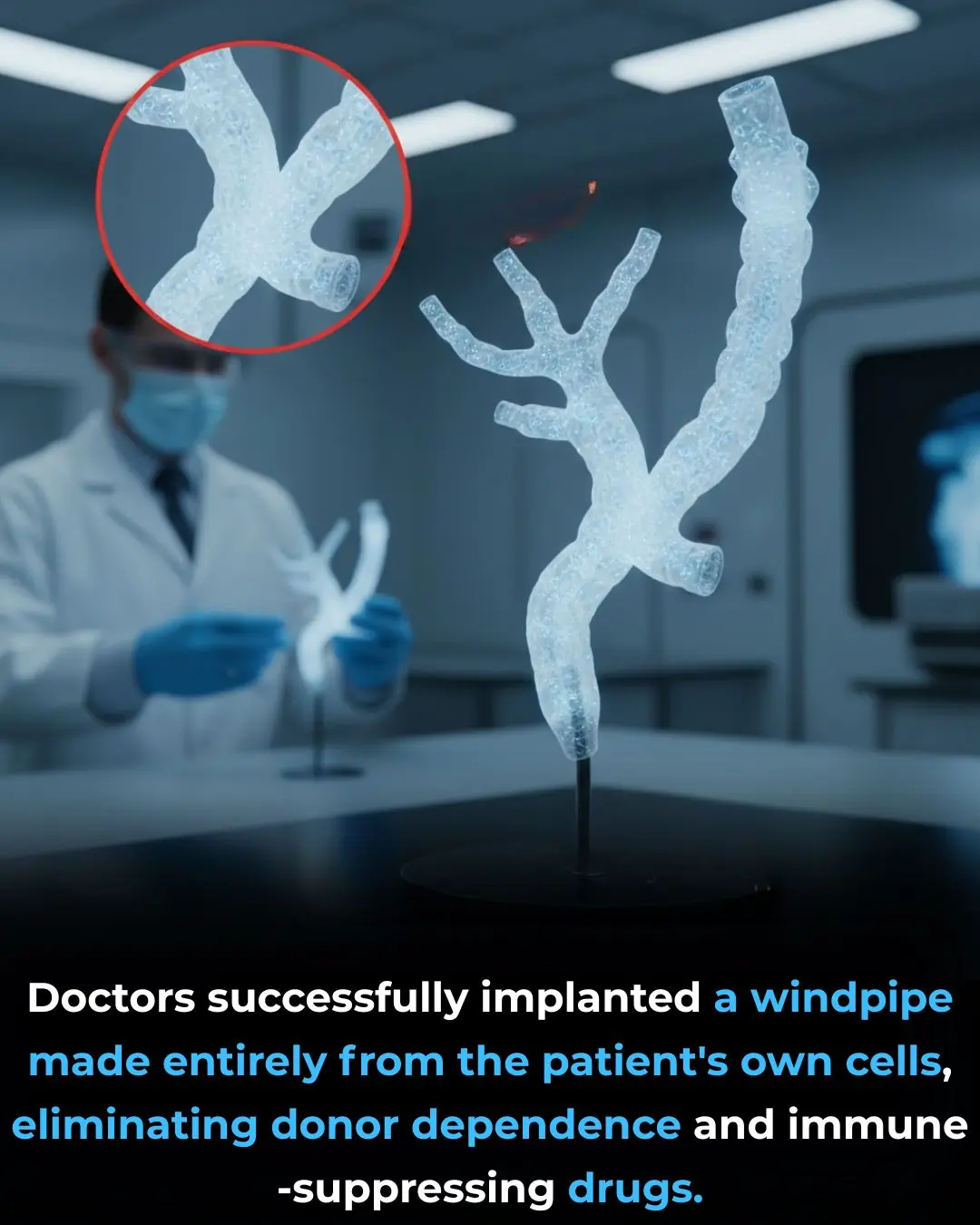
Bioprinted Windpipe: A Milestone in Regenerative Medicine

Bagworms Inside Your Home
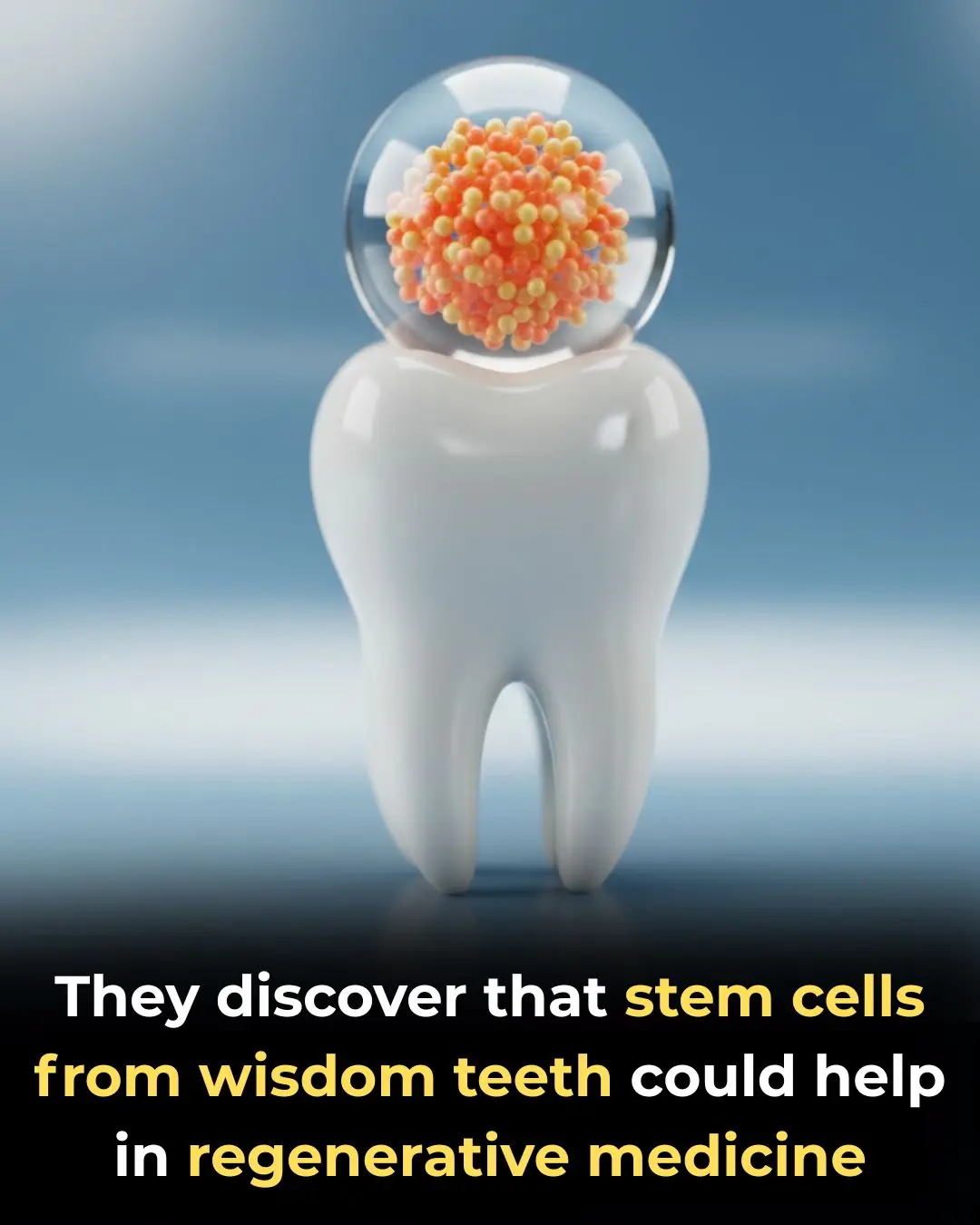
Scientists discover that stem cells from wisdom teeth could help in regenerative medicine

What the Research Shows
News Post

More Than a Moment: Understanding the Layers of Intimacy
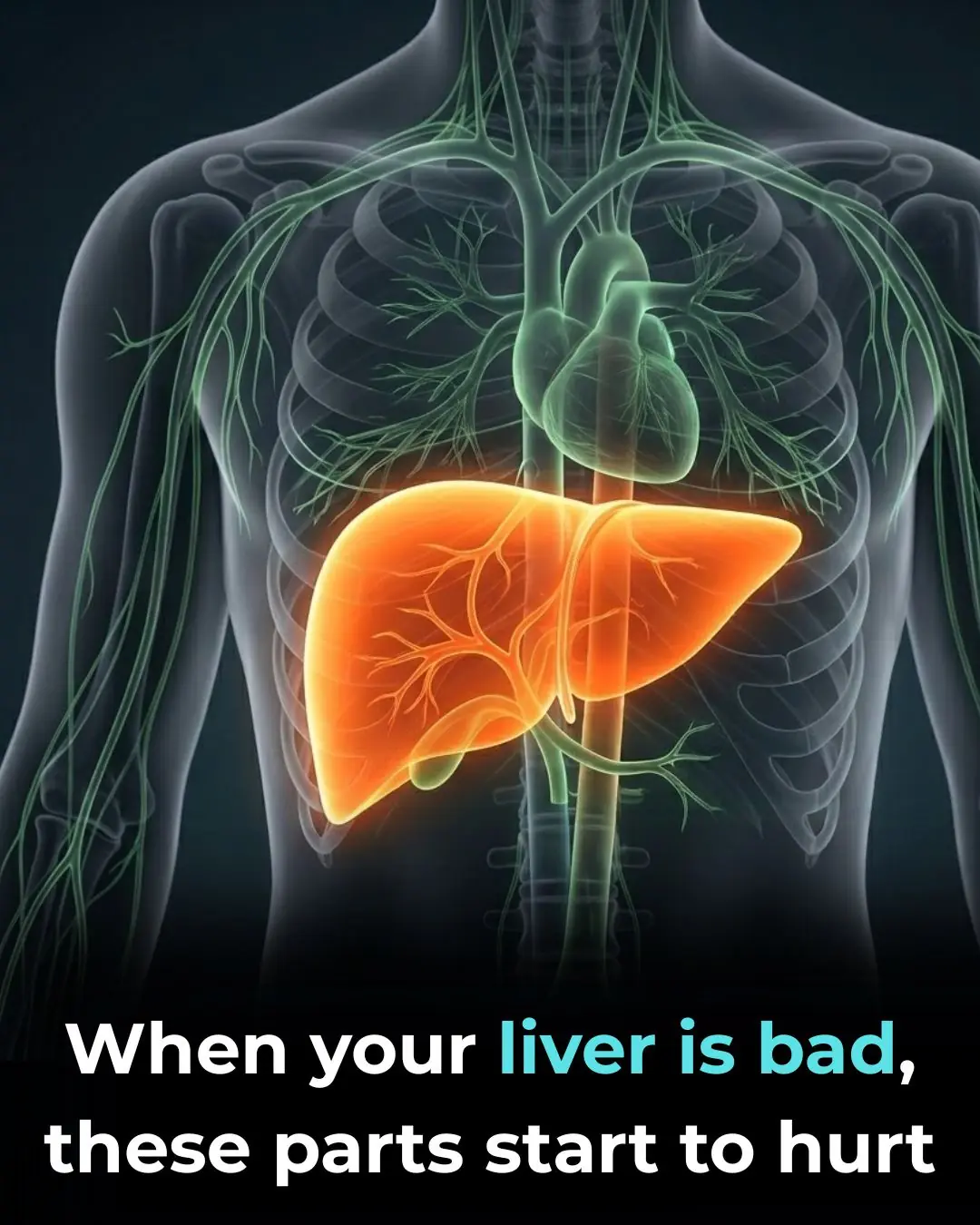
When your liver is bad. Please check if this is correct.

Experts Warn Avoid These 4 Foods If You Want to Live Longer

A Natural Drink to Support Healthy Knees
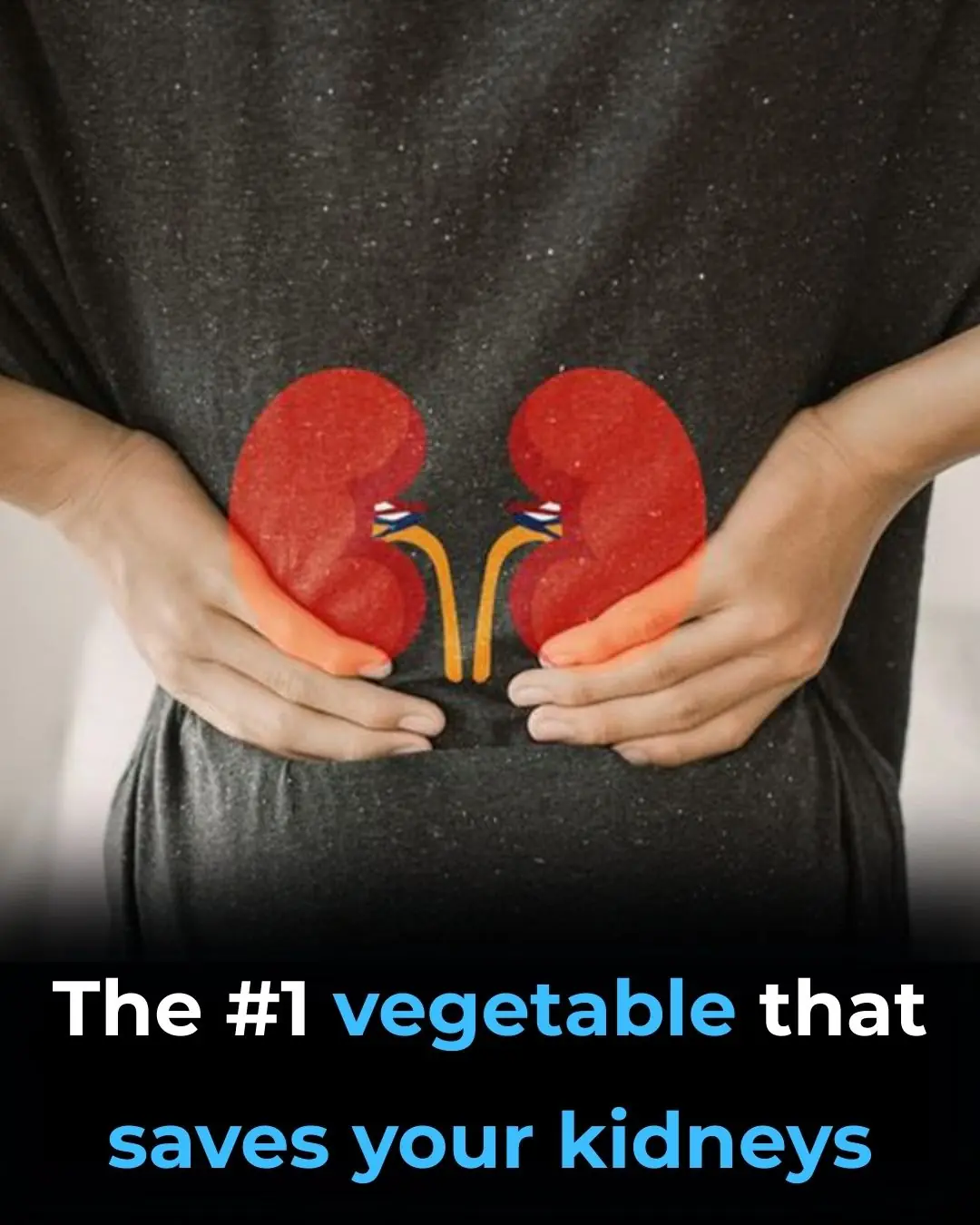
Vegetables That Help Support Kidney Health

They Thought It Was Just a Joke in the Gym. That Single Throw Changed Everything

Restore Clear Vision Naturally: The Hidden Power of Oregano for Eye Health

How to Make Okra Water to Naturally Support 17 Aspects of Everyday Health

The Bridesmaid Spilled Wine and Called Her “A Poor Little Bird.” Then the Best Man Put a Crown on the Bride.

She Struck the “Janitor Bride” in Church—Then the Pastor Dropped to His Knees
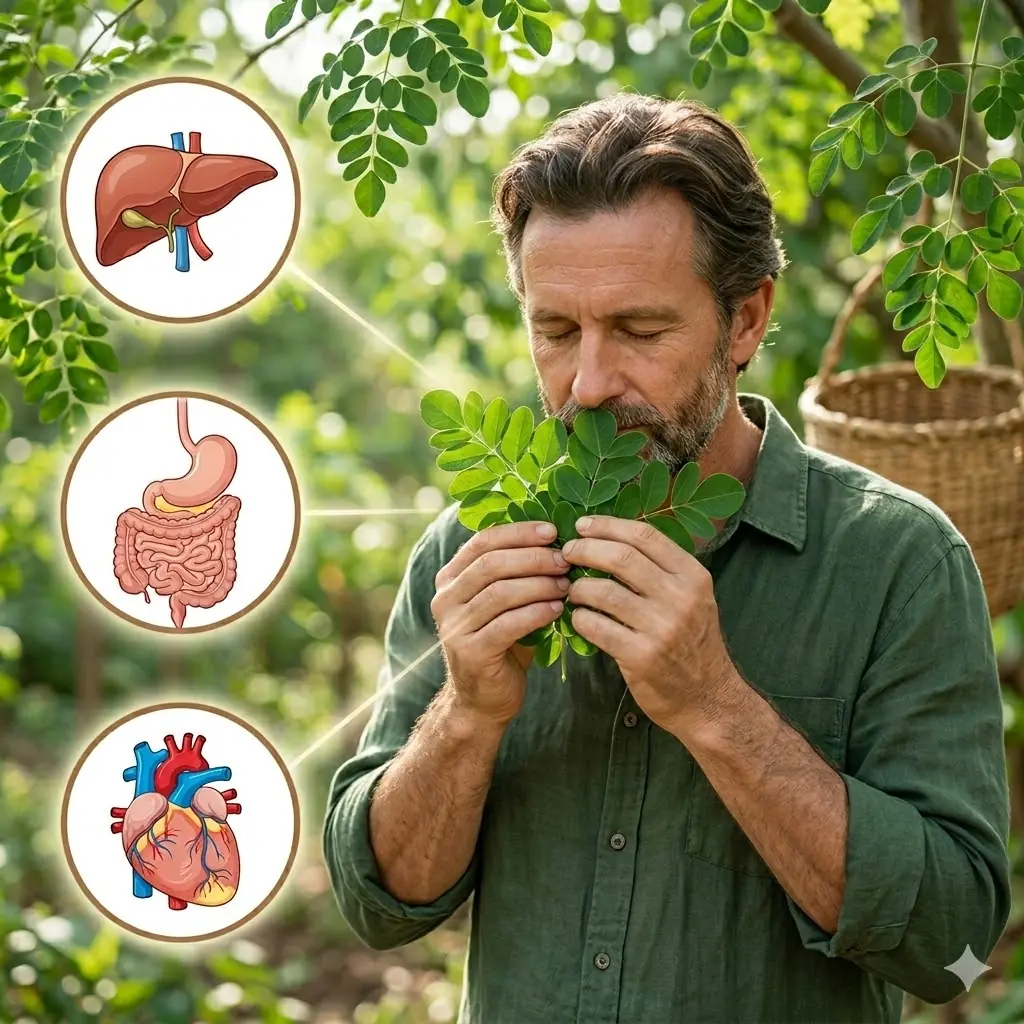
Folha-da-Vida (Kalanchoe): The Garden Plant Many People Have—but Few Know How to Use
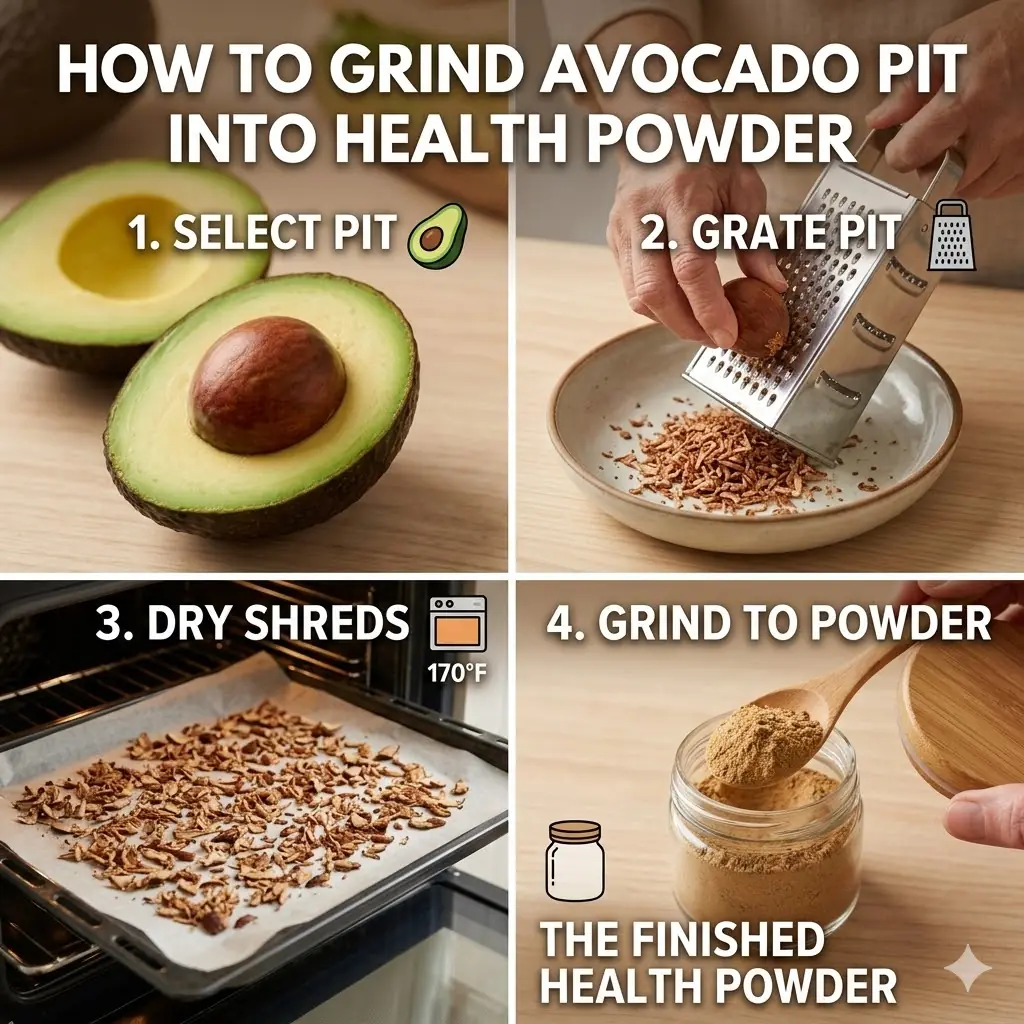
Don’t Toss That Avocado Pit: Practical Tips, Nutritional Insights, and Smart Uses You Should Know

The Secret of Red Onion: A Simple Kitchen Recipe That May Support Metabolic Balance

The Day Respect Was Conditional

He Dumped Filthy Water on Me at Thanksgiving—Then the Mayor Pulled Up
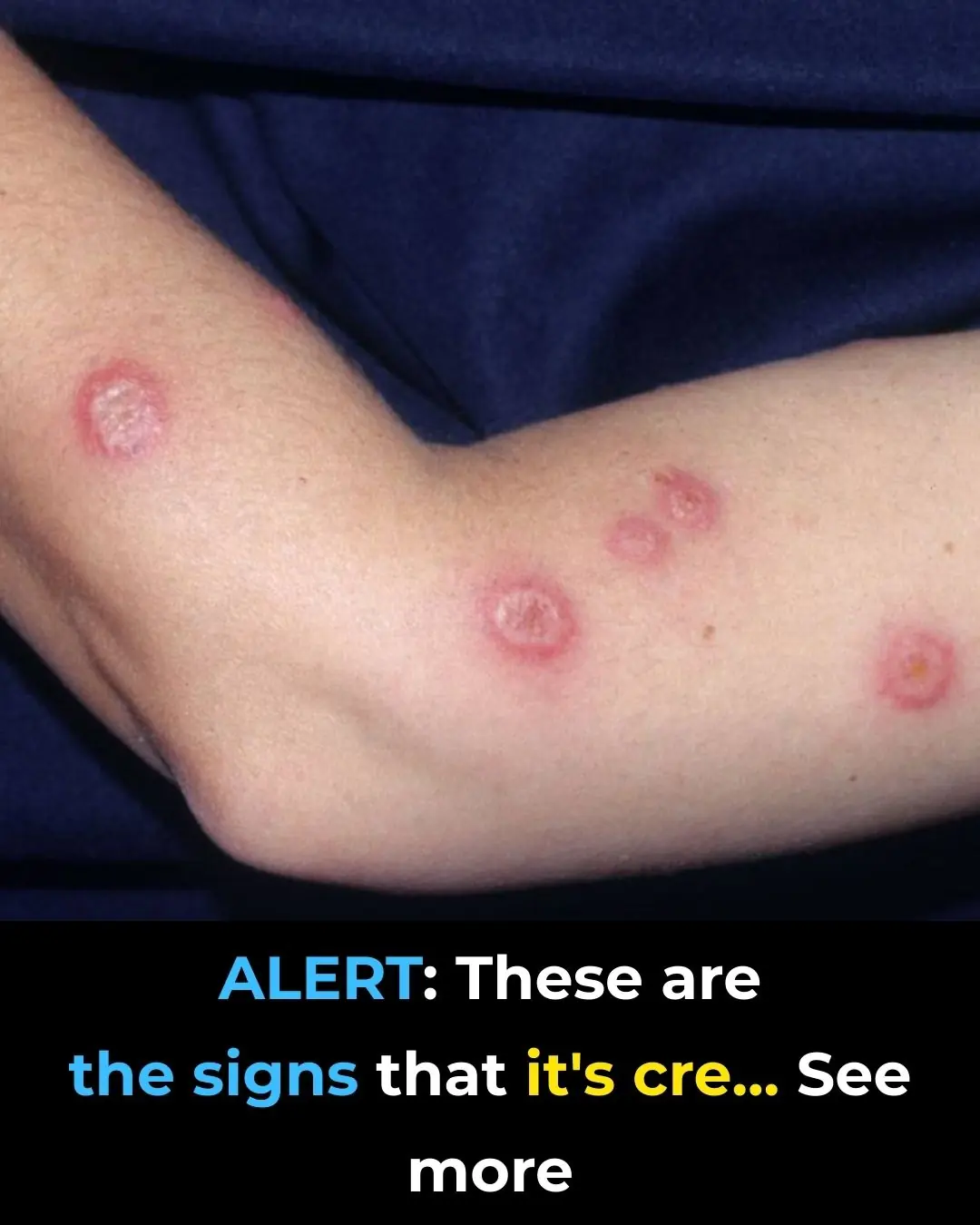
ALERT: These are the Signs of Sweet Syndrome

Doctors reveal that cassava consumption causes...

Sweet Potatoes for Breakfast

What the First Animal You See Reveals About Your Hidden Flaw
